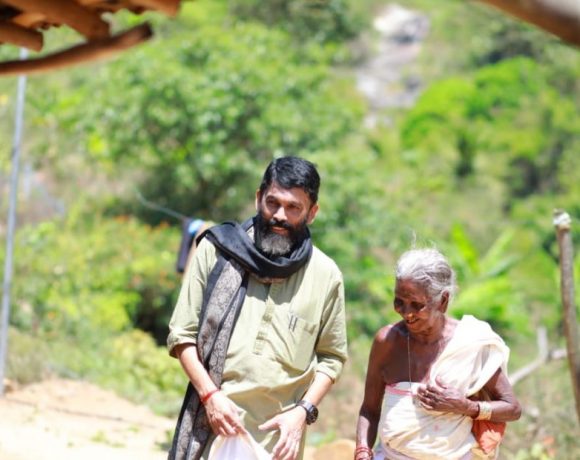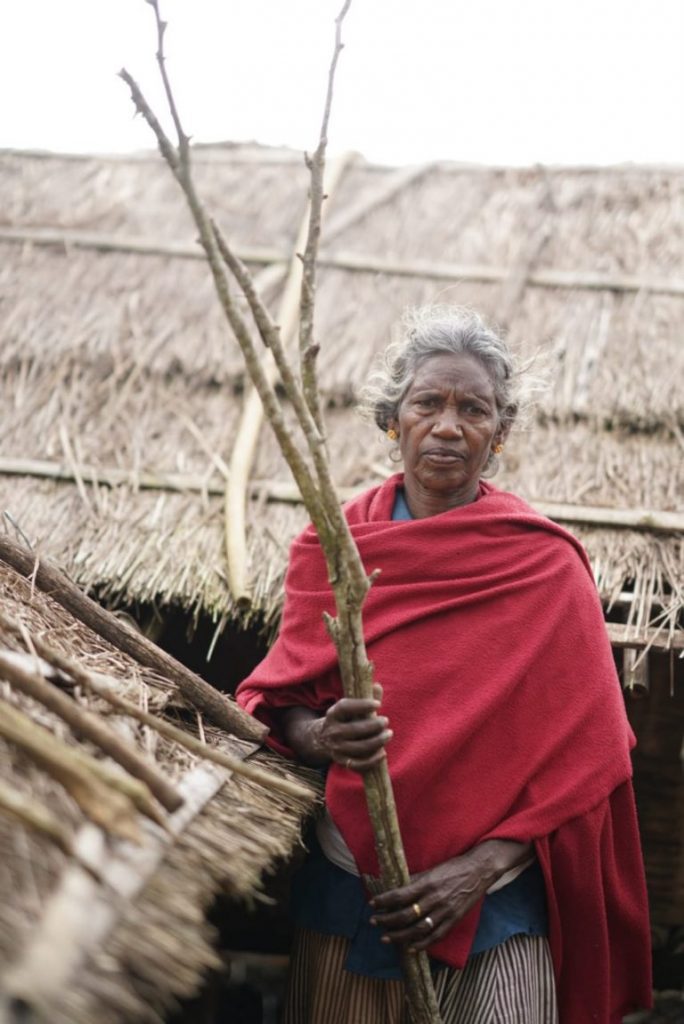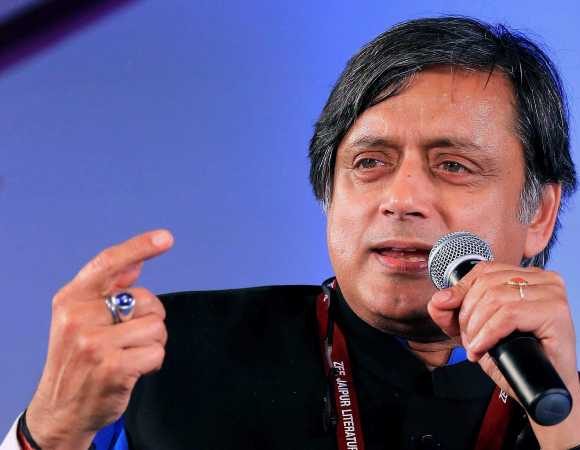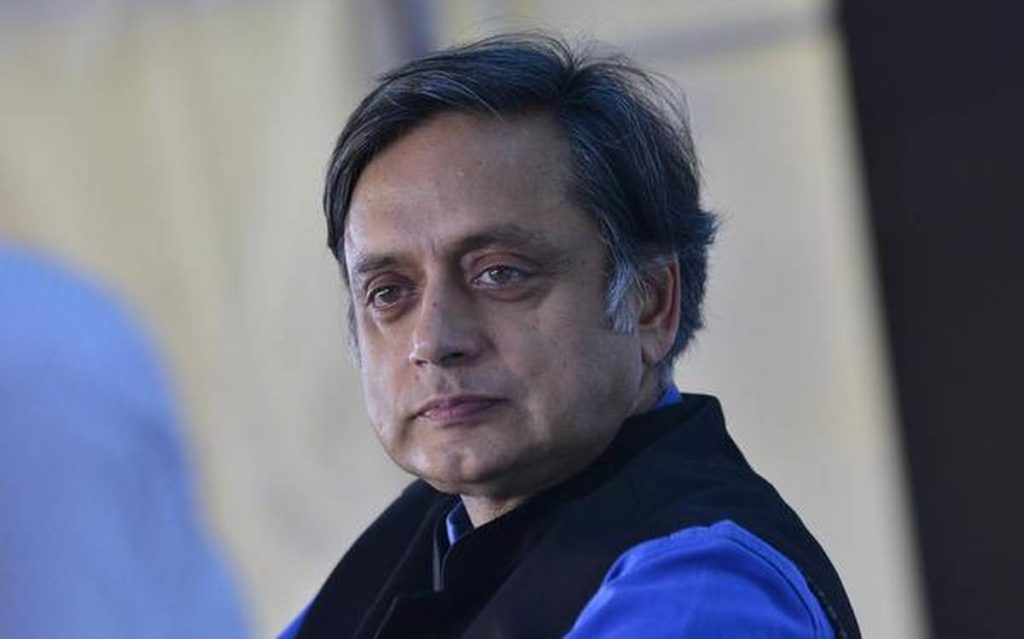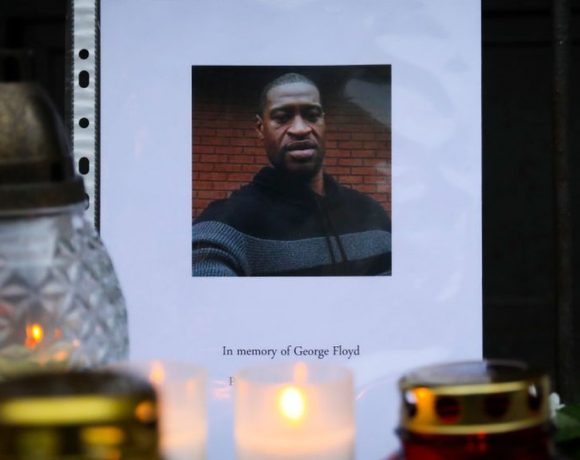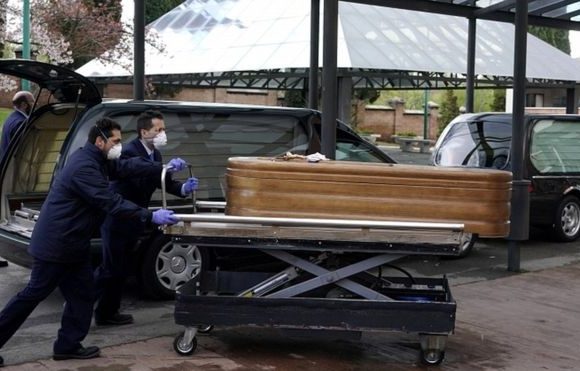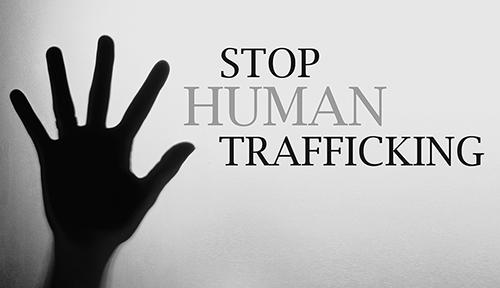
Iluza Isyandavletova from Bashkortastan has won the title of the Miss Asia 2023. Aayushma Bajracharya of Nepal achieved the first runner-up position, Cerena Ann Johnson from the UAE secured the second runner-up title, and Jinnapat Palsuea from Thailand earned the third runner-up position. The crowning ceremony was attended by former Miss Asia Winner Nguyen Thi Yen Trang, SAJ Group Hotels and Resorts CMD Sajan Varghese, Mini Sajan, CEO of SAJ Group Hotels and Resorts, and Jolly Antony, Chairman of Vibe Munnar. Dr. Ajit Ravi, Chairman of Pegasus, was also in attendance at the event.

The contestants underwent a grooming session conducted by Pegasus, a renowned organization dedicated to fostering the growth of young talents and showcasing their modeling careers and abilities to the world. Pegasus, with its commitment to empowering emerging talents, played a pivotal role in refining and enhancing the skills of the participants, ensuring they were well-prepared for the global stage. Through these grooming sessions, Pegasus exemplifies its mission to provide a platform for aspiring individuals to step forward confidently and make a mark in the world of modeling and talent.
Out of numerous Miss Asia pageant hopefuls, 15 emerged as finalists. Unfortunately, two contestants faced unexpected challenges, including visa issues, which hindered their participation in the finals. The well-deserving winners of Miss Asia 2023 were adorned with splendid gold crowns designed by Preeti Prakash from Parakkat Jewellers. Thirteen contestants showcased their poise and elegance on the runway throughout the competition, featuring three distinct rounds: the National Costume Round, the White Cocktail Round, and the Royal Blue Gown Round.
SAJ Group Hotels and Resorts, in collaboration with DQUE, played a crucial role as the primary partners in coordinating the Miss Asia 2023 event, organized by Pegasus Global Pvt Ltd. Unique Times, FICF, Vibe, Parakkat Resorts, and DQUE Face and Body Skin Friendly Soap provided their support as powered by Partners. Aiswaria Advertisements, Kalpana International, Times New, UT World, Europe Times, Photogenic Fashion and Weddings, Neenu Pro The Sound Experts, Green Media, Good Day Hotels and Resorts, Akshay Inco, Alcazar, FOG, St Joseph’s Hospital Trust, and JD Institute of Fashion Technology served as co-partners. The objective of this competition was to highlight the diverse cultural heritage and profound values of the participating countries while also promoting tourism.
Sub Title Winners
Miss Asia Social Media – Nguyen Thi Kim Trang (Vietnam)
Miss Asia Fashionista – Chen Chia Pei (Taiwan)
Miss Asia Talent – Natalia Savina (Russia)
Miss Asia Diligent – Azhar Zhumabekova (Kazakhstan)
Miss Asia Inspiring – Aayushma Bajracharya (Nepal)
Miss Asia Vivacious – Risa Nakatani (Japan)
Miss Asia Shining Star – Ella Anak Apit (Malaysia)
Miss Asia Ramp Walk – Meurel Beverly Viegas (India)
Miss Asia Tenacious – Rashmi Subedra (Sri Lanka)
Miss Asia National Costume – Kalisa Putri (Indonesia)
Miss Asia Adorable – Cerena Ann Johnson (UAE)
Miss Asia Renaissance – Jinnapat Palsuea (Thailand)
The judging panel featured esteemed individuals including Rozanne Diasz (Miss Sri Lanka Universe 2005 and Grooming instructor), Mr. Alonkot Sungkahapong (CEO, Starfighter), Dr. Mahima Bhakshi (Model & Entrepreneur), Harmeet Singh Gupta (Managing Director, U&I Entertainment), and Rita Mathan (Owner, Pro Nail Studio).

Contestants in the Miss Asia 2023 lineup featured Iluza Isyandavletova representing Bashkortastan, Meurel Beverly Viegas from India, Kalisa Putri representing Indonesia, Risa Nakatani from Japan, Azhar Zhumabekova from Kazakhstan, Ella Anak Apit from Malaysia, Aayushma Bajracharya from Nepal, Natalia Savina from Russia, Rashmi Subedra from Sri Lanka, Chen Chia Pei from Taiwan, Jinnapat Palsuea from Thailand, Cerena Ann Johnson from the UAE, and Nguyen Thi Kim Trang from Vietnam.
Picture Courtesy: Pegasus Photography/images are subject to copyright


